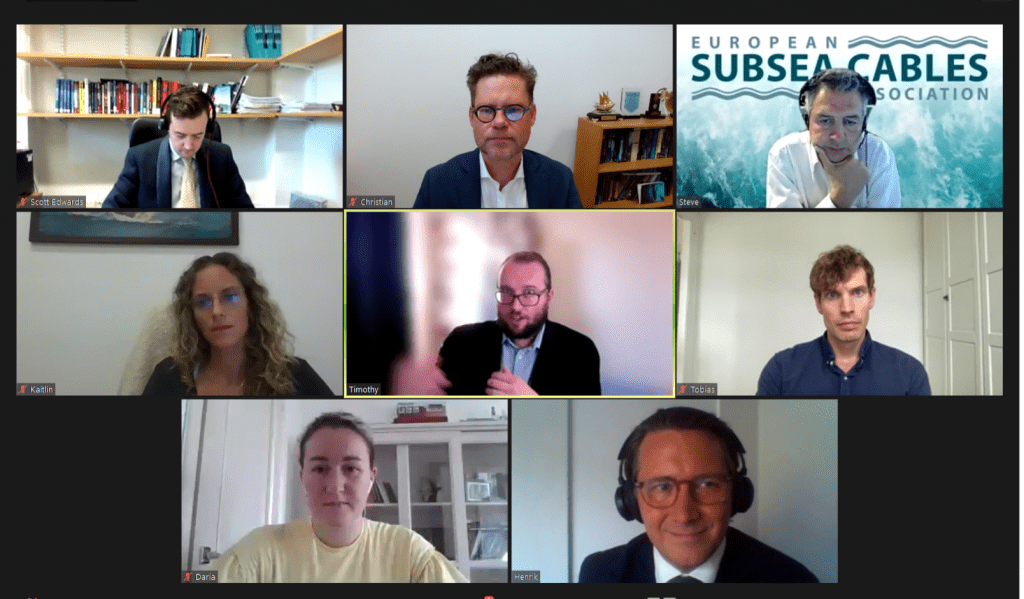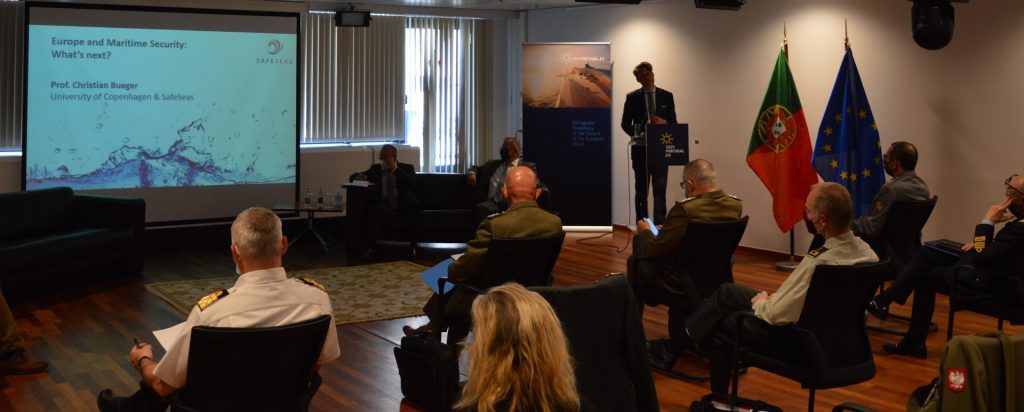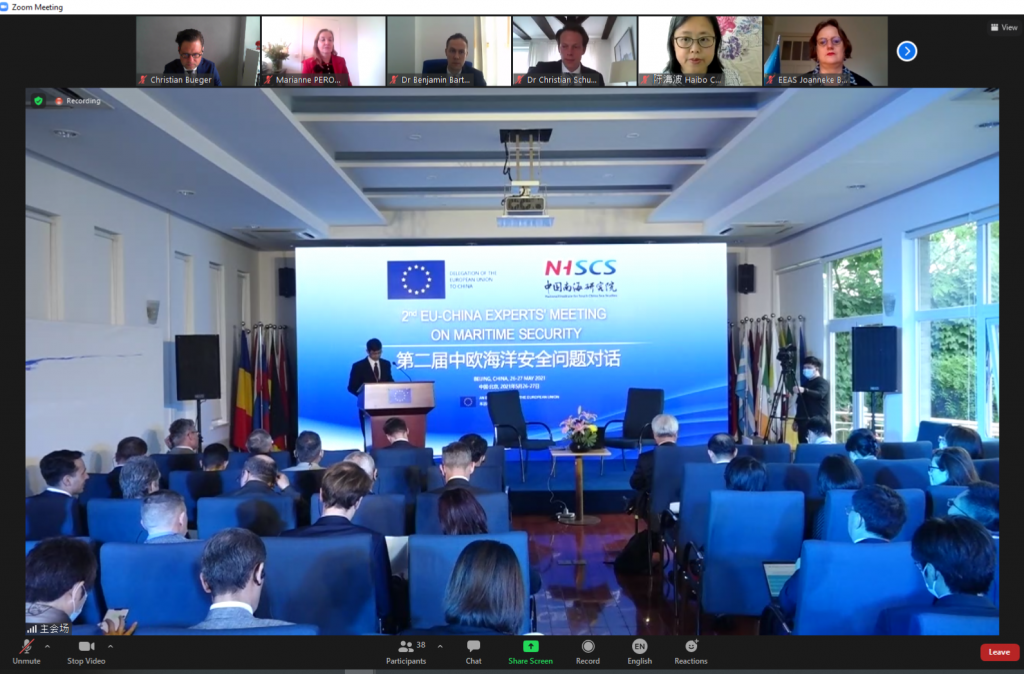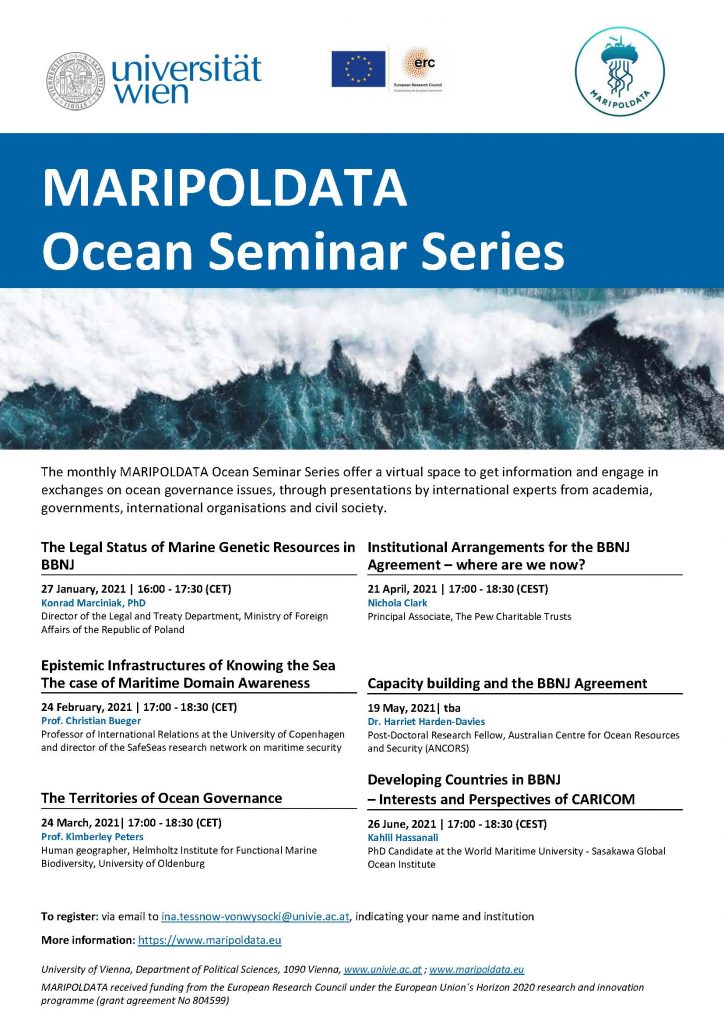What is the future role of the E3 – France, Germany and the United Kingdom – in the Indo Pacific region? This was the core question explored at an online expert workshop on 22.6. organized by four think tanks from the three countries. The focus was on two areas: 1) maritime security and 2) climate change and environmental policy.
The workshop participants discussed what the major challenges in these two areas are and whether and how the E3 would be the right format to take concerted action.
In my own contribution I stressed the importance of not narrowing down maritime security in the Indo-Pacific to inter-state affairs, but to pay full attention to the wider spectrum, in particular counter-terrorism and the fight against blue crimes, such as piracy, smuggling, illegal fishing and pollution. It is these problems where the E3 can make a major impact, rather than investing the majority of resource in signaling and freedom of navigation operations. I recalled the 2015 Luebeck Declaration on Maritime Security by the G7 which strikes a useful balance in terms of the different maritime security challenges.
I also stressed that any role for the E3 needs to be seen in the light of the European Union’s recent Indo Pacific Strategy, as well as the current experiments of the European Union in establishing Coordinated Maritime Presences as a new concept, at the moment tested in the Gulf of Guinea. How the UK can contribute to a future coordinated maritime EU presence in the Indo Pacific is the crucial question that needs to be addressed. Another institutional question is certainly in how far any response should be rather coordinated and carried out in the frame of NATO or the G7 rather than the mini-lateral E3 format.
The second session focused on climate change policies and highlighted in particular energy policy and decarbonization as ongoing coordination challenges. As the discussion revealed climate change and maritime security need to be seen as a inter-linked policy fields, in terms of the emissions from naval forces, new challenges for maritime security caused by climate change, as well as the importance of maritime security forces in enforcing environmental regulations at sea and securing biodiversity in particular in the face of disasters such as oil spills.




